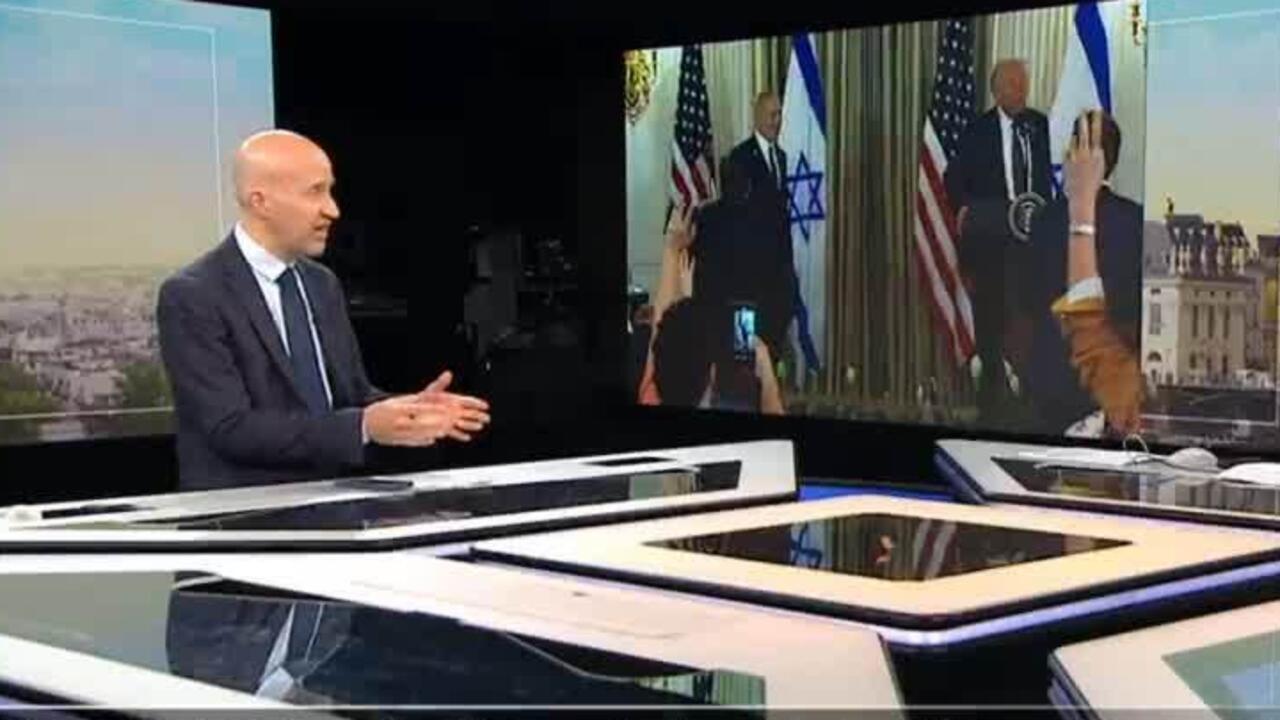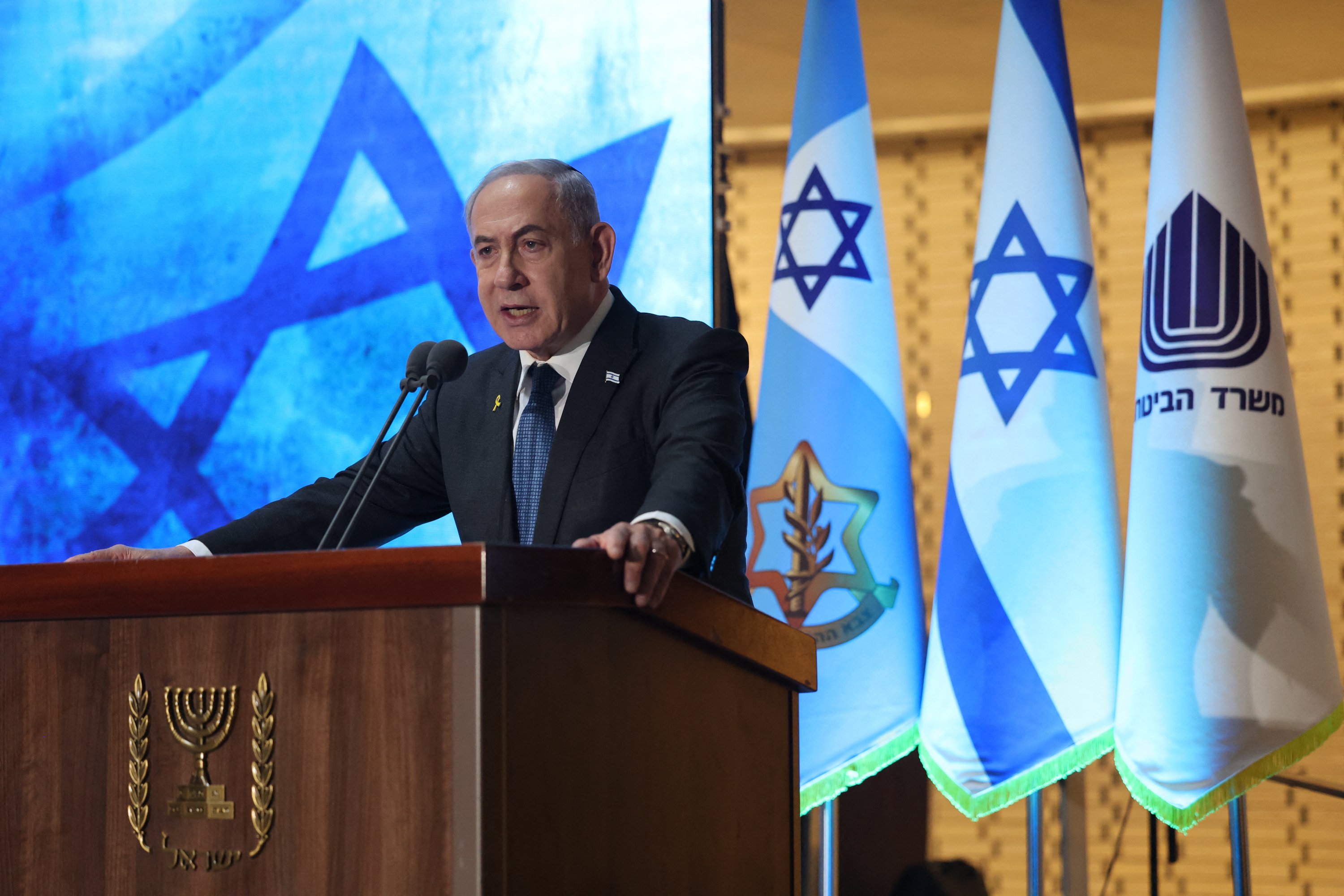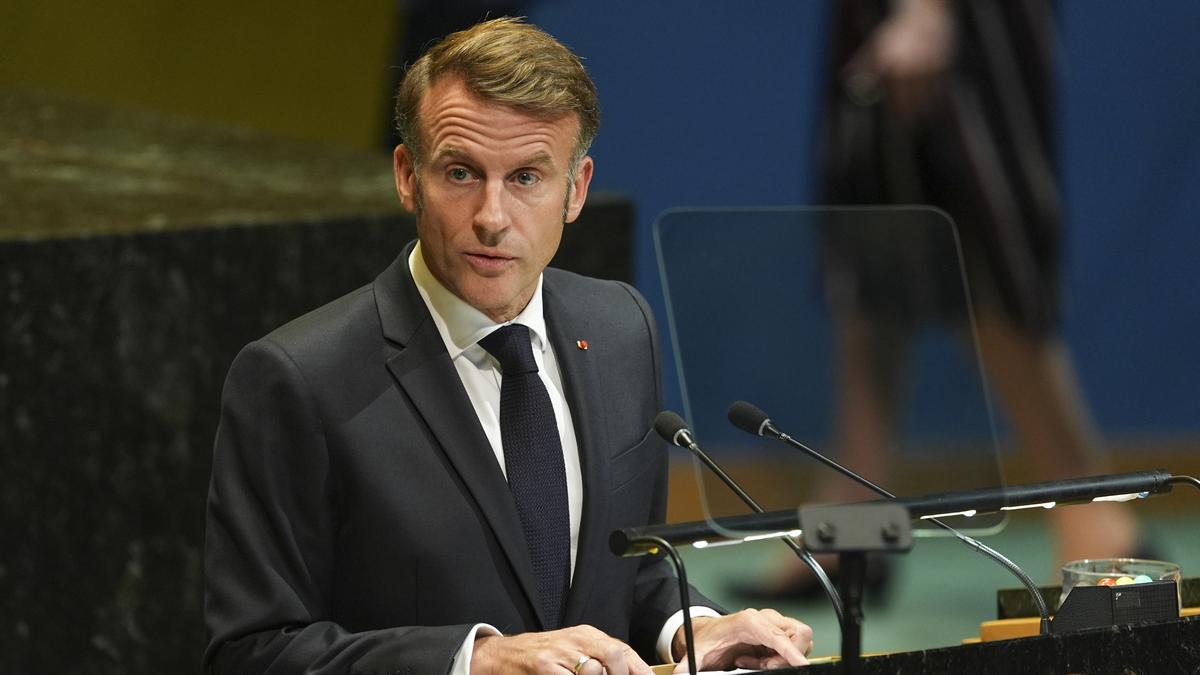Trump Secures Netanyahu's Agreement on Gaza Peace Plan, Hamas's Support in Question
On Monday, U.S. President Donald Trump secured Israeli Prime Minister Benjamin Netanyahu's backing for a U.S.-sponsored peace proposal aimed at ending the nearly two-year-old war in Gaza. However, significant questions remain about whether Hamas, the militant group controlling Gaza, will accept the terms of the deal.
The 20-Point Peace Plan
The White House released a detailed 20-point document outlining the proposed framework for peace. Key elements include:
- An immediate ceasefire between Israel and Hamas.
- An exchange of hostages held by Hamas for Palestinian prisoners held by Israel.
- A phased Israeli withdrawal from Gaza.
- The disarmament of Hamas.
- The establishment of a transitional government led by an international body.
President Trump thanked Netanyahu for his agreement to the plan, expressing hope that it would bring an end to the "death and destruction" that has plagued the region for decades and usher in a new era of "security, peace and prosperity."
Netanyahu's Perspective
Speaking alongside Trump, Netanyahu affirmed his support for the plan, stating that it "achieves our war aims." He emphasized that the agreement would ensure the return of all Israeli hostages, dismantle Hamas's military capabilities, end its political rule, and guarantee that Gaza never again poses a threat to Israel. However, Netanyahu hedged with details that could make it difficult for Arab nations to sign on, pledging to maintain an Israeli security presence inside Gaza for the foreseeable future.
Hamas's Position and Obstacles
The absence of Hamas from the negotiations raises serious concerns about the plan's viability. A Hamas official told Reuters that the group had not yet officially received the plan. Later, it was reported that Qatar and Egypt had shared the document with Hamas, and the group indicated it would review it "in good faith." However, it remained unclear whether Hamas would agree to a deal that would lead to its disarmament and potential exile from Gaza.
Adding to the complexity, Netanyahu's opposition to Palestinian statehood presents a potential obstacle, as the plan leaves the door open to an eventual Palestinian state. This tension highlights the challenges in reconciling differing visions for the future of the region.
International Reactions and Potential for Success
The Palestinian Authority welcomed Trump's efforts and reiterated its commitment to working with the U.S. and its partners to reach a comprehensive deal based on a two-state solution. Several other nations, including Canada, France, and the United Kingdom, also expressed their support for the peace initiative.
Despite the positive reactions, skepticism remains. Jonathan Panikoff, director of the Scowcroft Middle East Security Initiative at the Atlantic Council, suggested that the deal is more likely to come to fruition than previous attempts, in part because Israel's political scene has changed.
According to senior Hamas official Taher al-Nunu, "We do not wish for the war to continue. We will examine any proposal that does not conflict with the interests of the Palestinians."
Trump's Commitment and Future Outlook
Trump has renewed his efforts to broker a peace deal in recent weeks, vowing to end the fighting. The plan, crafted with input from former British prime minister Tony Blair, envisions a transitional Palestinian committee responsible for administering day-to-day public services in Gaza, overseen by a "Board of Peace" chaired by Trump.
Whether this latest attempt at peace will succeed remains uncertain. The key will be securing the buy-in of all parties involved, particularly Hamas, and addressing the complex political and security challenges that have long plagued the region.
 Visit the website
Visit the website






